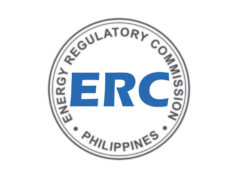INFLATION in health care costs will remain in the double digits in 2018, driven by non-communicable diseases, an international employee benefits firm said.
According to the 2018 Medical Trends Around the World survey conducted by Mercer Marsh Benefits, health care inflation in the Philippines based on the cost of private health care plans is expected to hit 13.1% this year.
If the forecast pans out, the Philippine rate will run ahead of the 9.1% global estimate and will be well ahead of the 4.9% inflation forecast by the Bangko Sentral ng Pilipinas for 2018.
It will also outpace the 2017 rate of 12.4%.
The study, conducted among 225 insurers across 62 countries, attributed the rise in costs to the “increasing incidence of non-communicable diseases” such as cancer, stroke, chronic respiratory disease, diabetes and kidney disease.
Teng E. Alday, Chief Executive Officer of Mercer Philippines, Inc. said the increase in chronic non-communicable diseases in the country may become a “big economic hurdle.”
“The upwardly-mobile young population has been one of our country’s key economic drivers. However, if more of them are getting sick, their long-term treatments will be a financial burden both the private and public sectors have to bear,” Ms. Alday, who is also the Health Business Leader of Marsh Philippines, Inc., was quoted as saying in the statement.
Workplace or personal-related stress or pressure were also cited as another trend driving health care inflation.
She advised employers to promote healthy lifestyles including addressing mental health.
“Traditional medical insurance designs are mainly based on receiving crisis treatment in a clinic or hospital setting while seldom involve the principle of encouraging a healthy lifestyle. Adding the preventive elements into the design will help lower the employee health care cost.” — Karl Angelo N. Vidal



